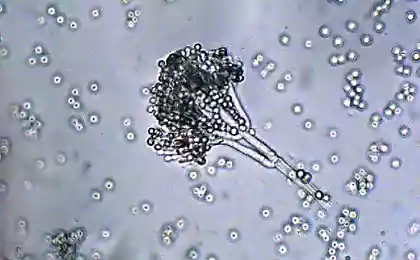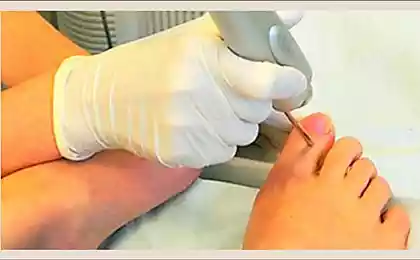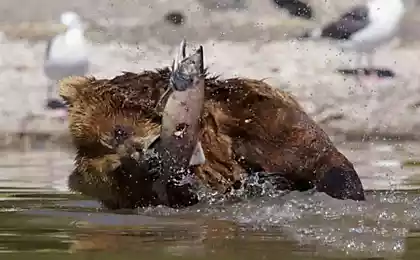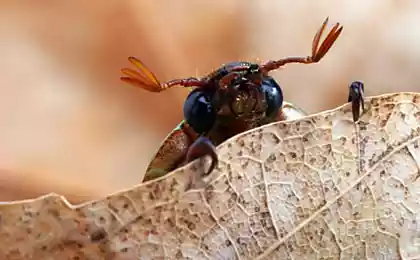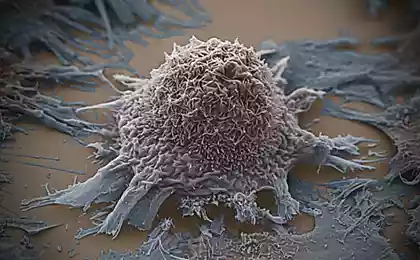534
In the jungle of Ecuador lives a fungus that eats plastic
Solving the problem of plastic othodov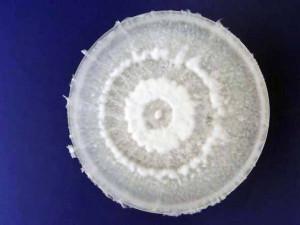
countless items made of plastic, and we are well aware that all these things are thrown into the garbage, will "inherit" the next generation. And all because the plastic does not decompose, even if for a long time will lie in a landfill.
But now he's met his match! The fungus, which has recently been opened, happy to "eat" plastic, and can be powered exclusively to them. But even more remarkable is that he can do it in an environment that is completely devoid of oxygen, that is, even at the bottom of the biggest landfill.
The fungus is called «Pestalotiopsis microspora», and the first that was discovered - is its ability to survive on a diet consisting only of polyurethane.
Pestalotiopsis microspora was found in the jungle of Ecuador students at Yale University during their annual expedition to the "rain forests". Student Pria Anand recorded the astonishing behavior of the fungus, and Jonathan Russell was able to isolate the enzymes that allow the fungus "is" polyurethane.
They published their observations, providing them with the conclusion, stating that the fungus - "this is a promising source of biodiversity, and can be used to study the metabolic properties useful for the bioprocessing of waste».
So soon we may appear whole field mushrooms, digesting everything that we do not need, from garden hoses and furniture to old shoes.
via factroom.ru

countless items made of plastic, and we are well aware that all these things are thrown into the garbage, will "inherit" the next generation. And all because the plastic does not decompose, even if for a long time will lie in a landfill.
But now he's met his match! The fungus, which has recently been opened, happy to "eat" plastic, and can be powered exclusively to them. But even more remarkable is that he can do it in an environment that is completely devoid of oxygen, that is, even at the bottom of the biggest landfill.
The fungus is called «Pestalotiopsis microspora», and the first that was discovered - is its ability to survive on a diet consisting only of polyurethane.
Pestalotiopsis microspora was found in the jungle of Ecuador students at Yale University during their annual expedition to the "rain forests". Student Pria Anand recorded the astonishing behavior of the fungus, and Jonathan Russell was able to isolate the enzymes that allow the fungus "is" polyurethane.
They published their observations, providing them with the conclusion, stating that the fungus - "this is a promising source of biodiversity, and can be used to study the metabolic properties useful for the bioprocessing of waste».
So soon we may appear whole field mushrooms, digesting everything that we do not need, from garden hoses and furniture to old shoes.
via factroom.ru
